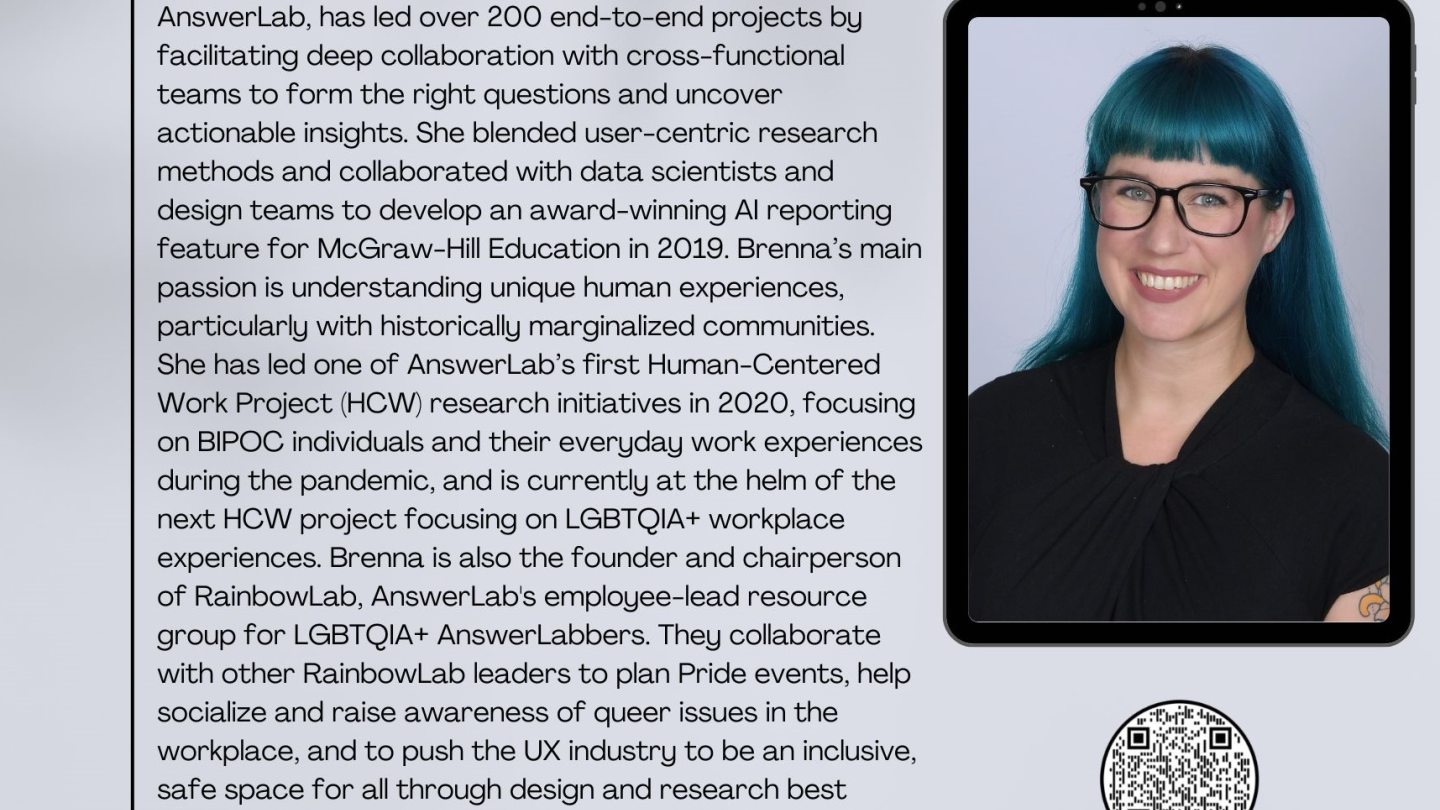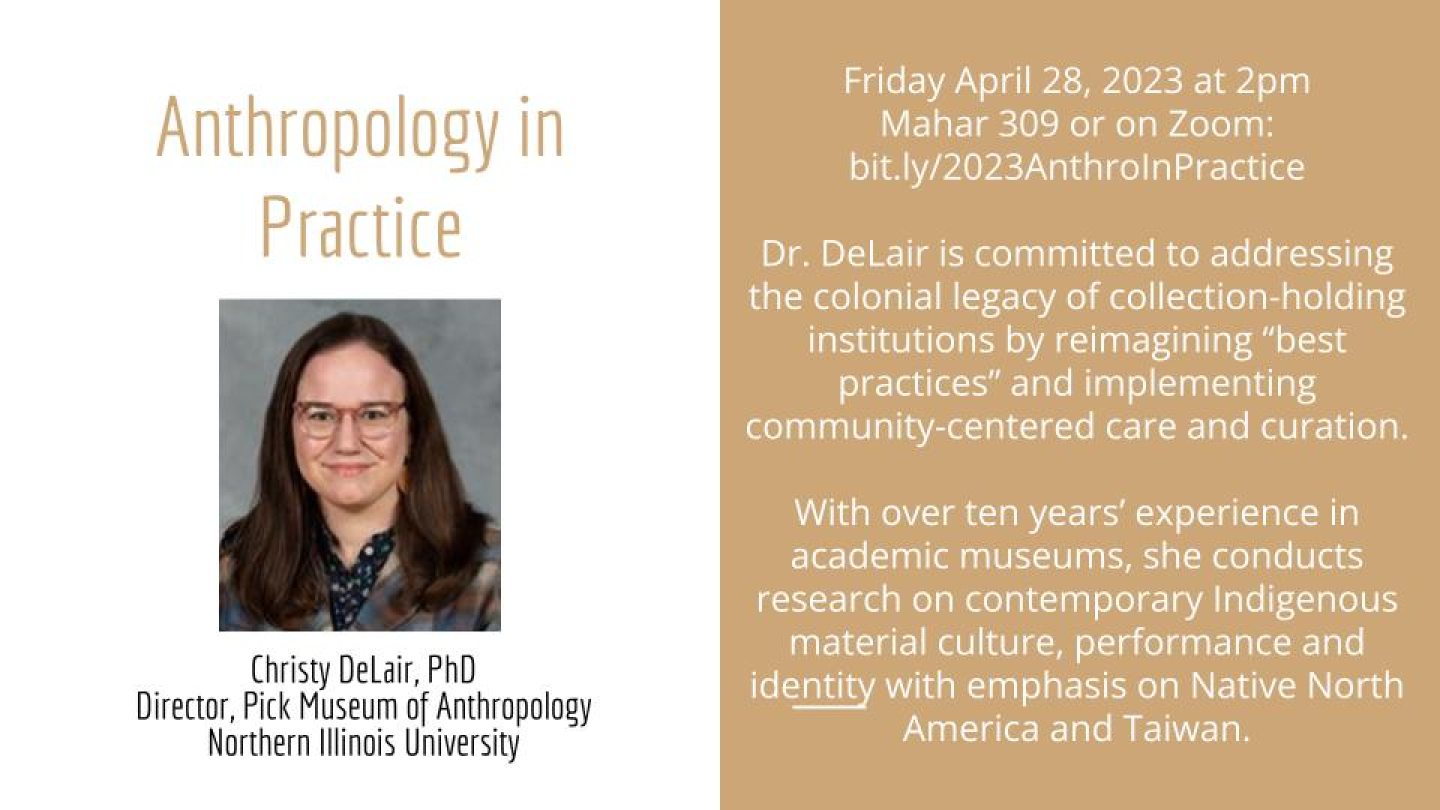Anthropologists are employed in a number of different sectors, from public corporations, colleges and universities, government agencies, public justice and safety, non-governmental organizations (NGO’s), and the medical and healthcare professions.
More than half of all anthropologists now work in organizations outside academia. Diverse areas of employment, varied research locations around the world, and a commitment to the acquisition of knowledge are inherent in the significant issues and questions that engage anthropologists today.
In our Anthropology in Practice one credit course, Anthropology Majors get to research and invite working professionals who were trained in Anthropology and working in the field to come and talk about their job and experiences. SEE BELOW!
Career Service Link What can I do with a Major in Anthropology?
Interested in federal jobs? USA.gov lists jobs in Anthropology here.
USA.gov jobs in just Archeology here.
Note that the Archeology jobs require an accredited field school.


